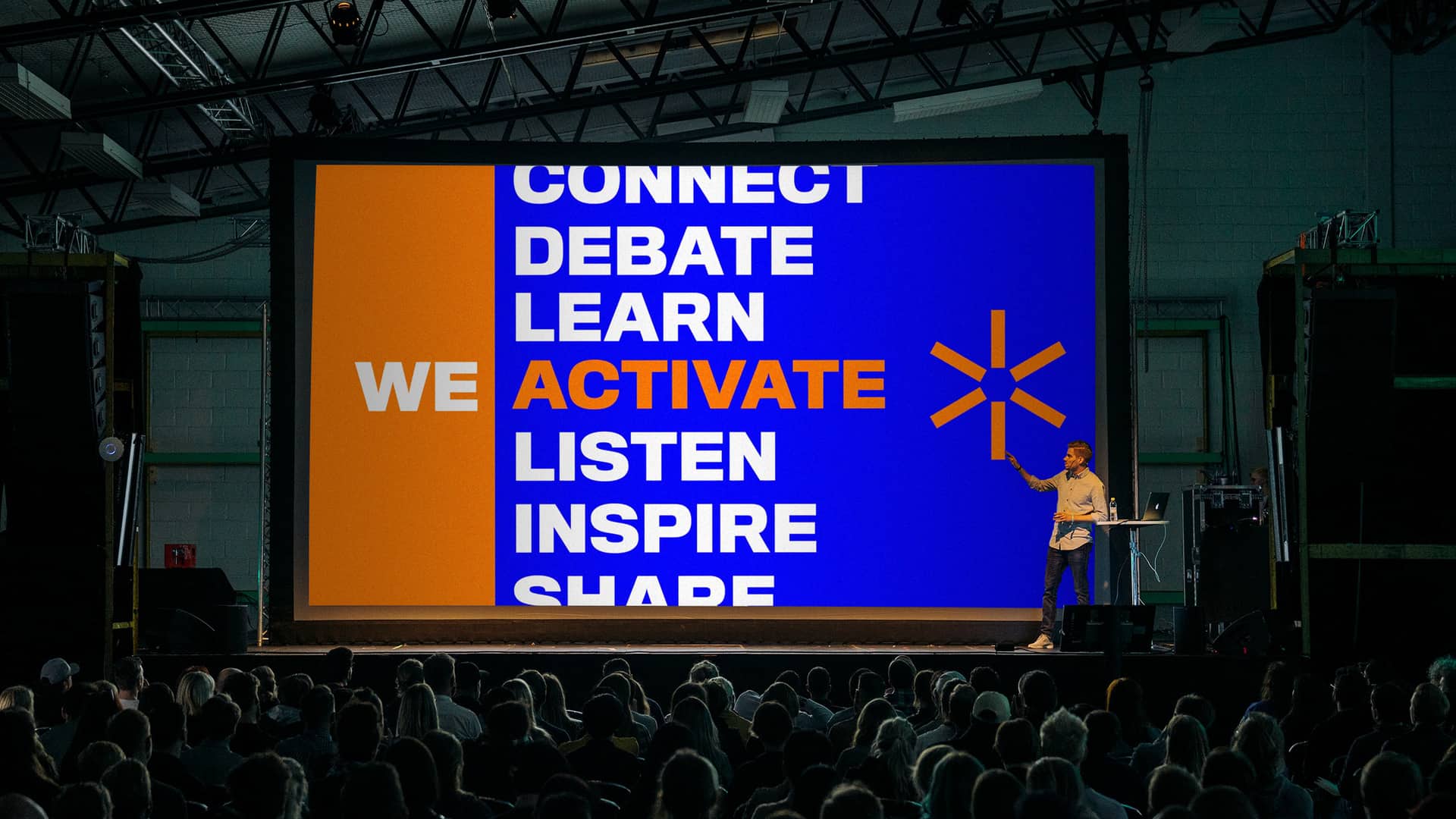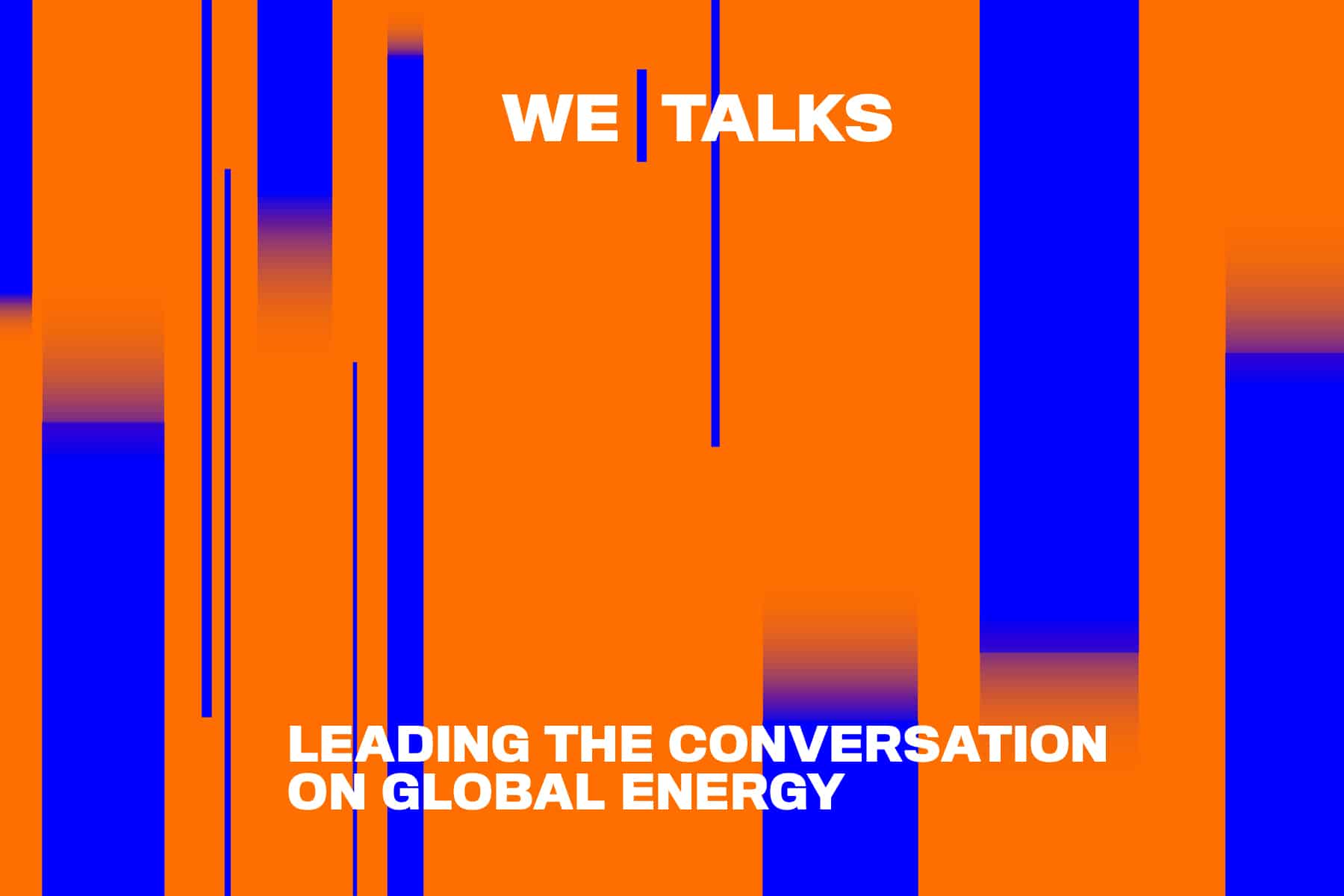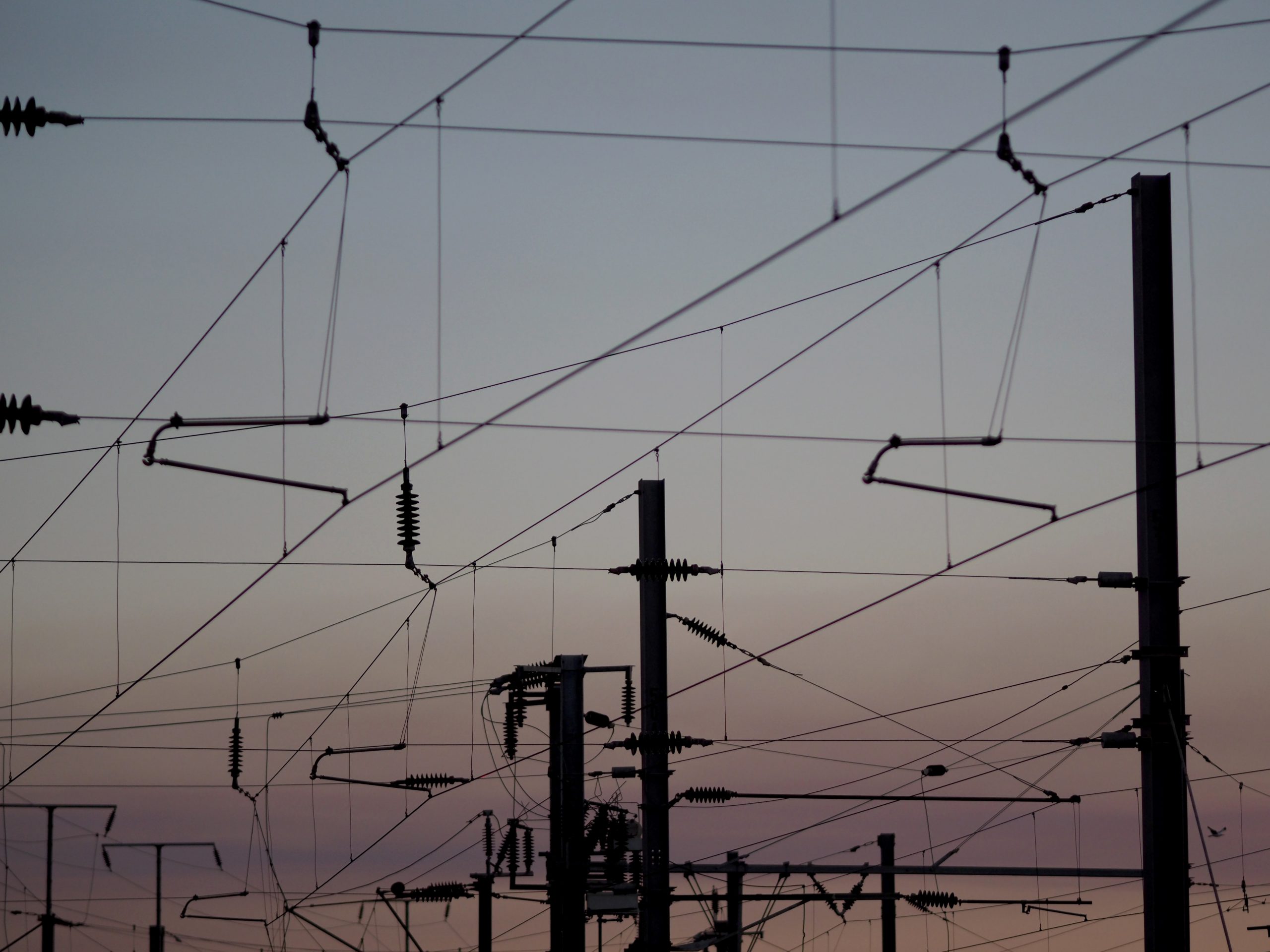The energy transition debate needs a rebrand if we’re to make the world a better place
5-minute read, by Jonny Westcar, CEO
Recent years have seen a polarisation in the debate surrounding energy transition. On the one hand you have those that talk about a ‘Race to Zero’ and a ‘War on Carbon’. On the other you have those that refuse to condemn outright the use of fossil fuels. Saints and sinners. Good energy and bad energy. Right and wrong. It’s a binary, combative style of dialogue that has seen too many people lock horns and reach deadlock.
For meaningful progress to be made, the issue needs to be reframed, with societies and people placed at the heart of an open conversation. Energy transition is about humanity, after all, yet the debate is often monopolised by scientists and ministers who speak in impenetrable jargon. The focus is on producers and investors, and energy uses and user needs languish in the weeds.
We need to re-energise the energy debate and make it positive and engaging. Think about when electricity gave us light and steam power the means to travel. Energy transition has the potential to change the world for the better from a peace, prosperity and humanitarian point of view. So let’s put back the positivity and the wow factor.

But we also need to accept that different parts of the world have different starting points and different visions of what the future could look like. Volleying intractable viewpoints back and forth isn’t going to take us to where we need to be. Especially as our energy needs are set to double by 2050, and many people regard carbon neutrality by then as an unrealistic goal.
When we partnered with the World Energy Council it was trying to find a way to open up the debate and hear from people outside the energy sector – thinkers and doers from other walks of life, with refreshing and enlightening points of view. We helped them create a digital forum called WE Talks – a first for this nearly 100-year-old organisation.

Part of our work with the World Energy Council
Our remit was clear. Make it about people. About inviting them in to listen, contribute, learn and understand in a positive, welcoming environment. This would be no place for finger-wagging, harsh judgement and blame (a lot of which seems to be generated by the wealthy West, which uses considerably more energy than many other parts of the world).
You can log on and hear what some of the world’s most exciting thinkers have to say. Dr Angela Wilkinson, the Secretary-General and CEO of the World Energy Council, kicked off proceedings with her inspiring take on the matter. She said we need more and better energy for everyone, everywhere. And while carbon neutrality and a cleaner, greener world is a priority, the road we take to get there isn’t about racing to zero or going to war on carbon. People’s needs are a priority, too. Especially those of the three billion or so around the world who don’t yet have access to reliable energy sources.
Angélica Ruiz Celis, Senior Vice President for Latin America at BP Group, followed up. She spoke about how the pandemic has changed the way BP deals with soaring demand in her part of the world, and how they plan to remain in the oil and gas business, ensuring that it co-exists with renewables.

Part of our work with the World Energy Council
Our approach to the brand strategy and creative work for WE Talks was all about democratising the conversation. The World Energy Council approached us because it wanted to take its proposition to a broader church. It wanted to be recognised as progressive, inclusive and innovative. So it’s a strategic evolution for the Council, which understood that to increase relevance moving forward, it needed to engage people through multiple channels and get the message around innovation and sustainability out into the public domain.
The response has been phenomenal, with take-up far higher than originally anticipated. WE Talks has opened the door to inspirational voices from the community who are shaped and impacted by energy development but don’t yet have a seat at the decision table.
It needed to be about plugging people and society into the conversation – and not making energy the enemy.
Sign up to our mail list to receive more insights straight into your inbox, or follow us on Instagram or LinkedIn.





